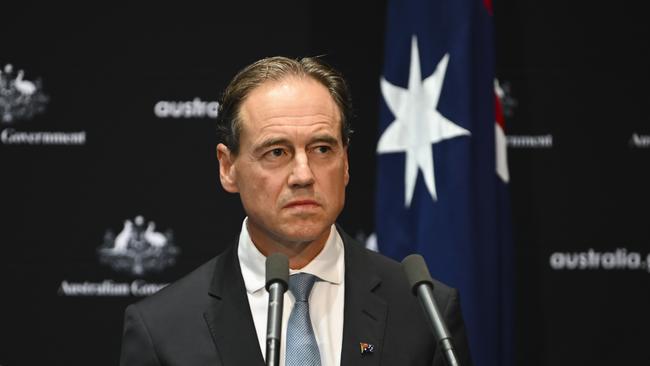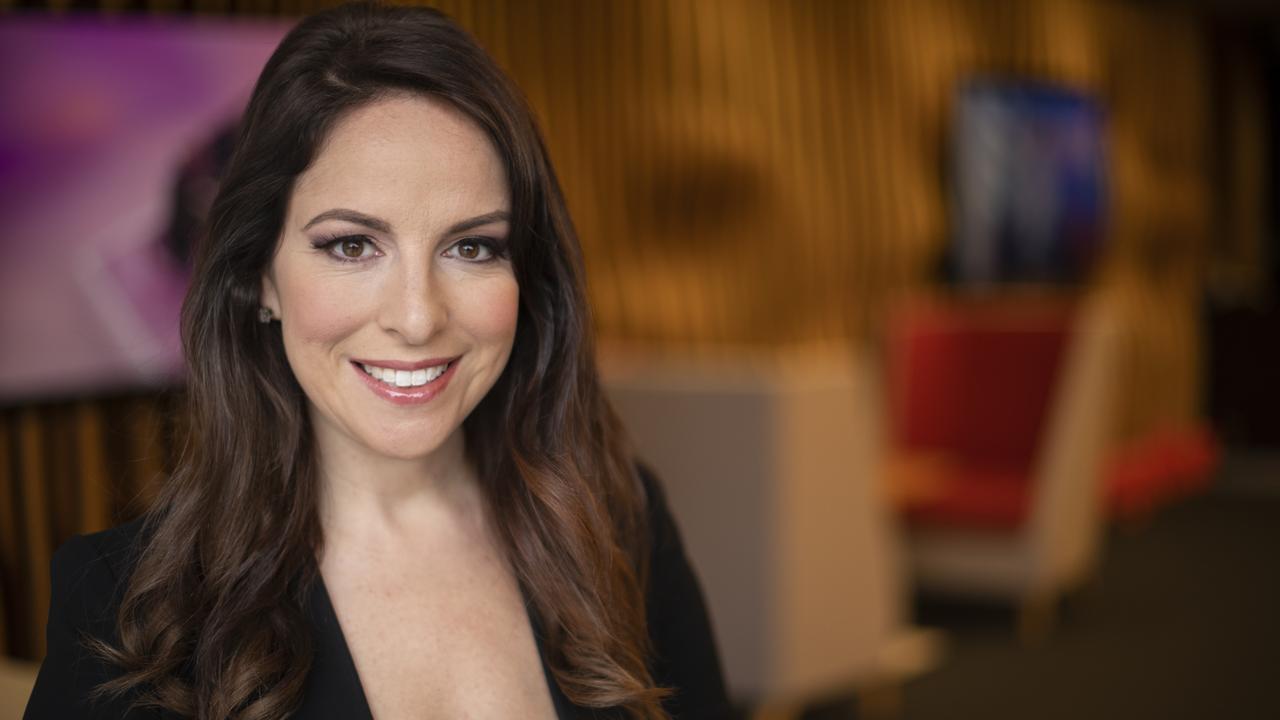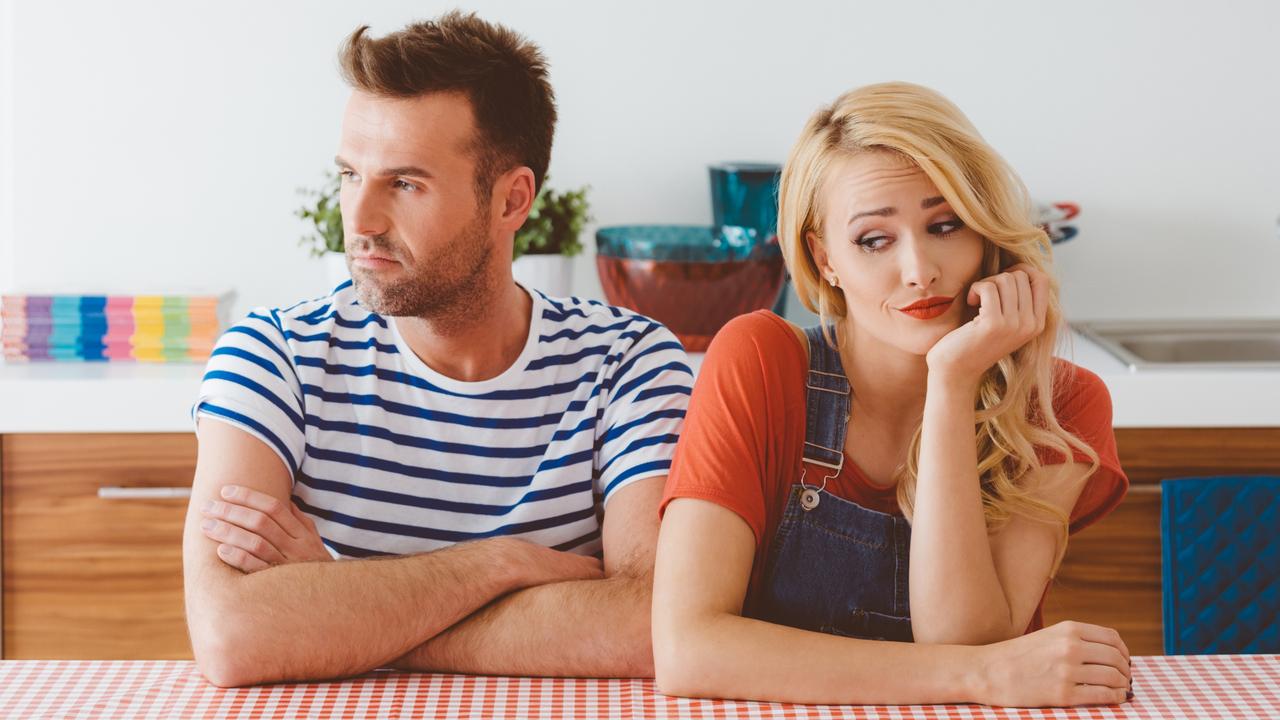Balance between cure and disease a diabolical dilemma
Australia is shut, but it’s a threat to lives and livelihoods that cannot be tolerated a minute longer than necessary.

The self-congratulatory mood in Canberra this week seems misplaced. Nobody needs to feel smug about agreeing to scatter $130bn of borrowed money across our nation, to be repaid by taxpayers present and future.
The wage subsidy scheme is popular (surprise, surprise) and there is an unholy scramble to take credit for this depression-busting spending. Opening the purse-strings, even in the middle of an unprecedented crisis (in fact, especially in a crisis) is the easiest move in politics.
A tone of sober reluctance would have been better, and a steely resolve to spend as little of the allocated funds as possible. Not that we need to unfairly criticise the response; the government has reacted nimbly to an unprecedented crisis and crafted a workable package. (Does anyone else detect a hint of Quidditch in a scheme full of JobSeekers and JobKeepers with snitches keeping an eye out for bludgers?)
The package cannot be perfect; at this size and haste, it is bound to be wasteful, open to rorting and in need of adjustment. The main risk in any rescue package is that it does too much, rather than too little — if Labor and the unions are cheering your debt-fuelled expenditure, be very afraid.
This is not an economic reform or stimulus package. This stupendous allocation is to fund people during a period they will be unemployed or insolvent because of a government-imposed shutdown — it is compensation for government action or welfare to weather an imposed hibernation.
Sure, we know the lockdown is necessary to control a pandemic, but we need to always keep in mind the economic shutdown is deliberate, that we control it. If the lockdown is overdone there will be unnecessary economic pain, if it is underdone there will be unnecessary damage to people’s health — this diabolical dilemma is all about finding the right balance between cure and disease.
Scott Morrison and Josh Frydenberg truly will claim heroic status if, having implemented this rescue package, they can ease us out of this self-imposed diapause without spending the lion’s share of it. To do this they need ongoing co-operation and excellence from their colleague, Health Minister Greg Hunt, state and territory governments, medical and public health personnel, law enforcement authorities and, not least of all, the people of this nation.
The Ruby Princess shambles aside, state and federal responses have been well co-ordinated and prompt, defying the Hanrahans on the sidelines. Morrison, Hunt and the chief medical officers have kept the public on side and delivered a highly promising public health outcome so far.
Across Easter, when all of us (except indulgent NSW ministers) are resigned to a Pascal staycation, we need to focus, appropriately enough, on resurrection. We need to be planning ways to get society moving again.
On Thursday we had fewer than 100 new infections for the first time in three weeks; this weekend we will reach a turning point where the people who have recovered from coronavirus infections outnumber the active cases. We haven’t just flattened the curve; we have driven it into the ground.
Yet, this weekend, many Australians are not allowed to fish, surf, go to the beach or visit other family members in the same city for an Easter lunch. We are being told to accept this iron fist of pandemic management while the national cabinet has decided it doesn’t need to meet for a week.
With restaurants, pubs and bars locked, shops closed and businesses in limbo, jobs, careers and small businesses are on a precipice. This is desperate, a threat to lives and livelihoods that cannot be tolerated a minute longer than necessary.
We know an instant rebound is fanciful but we need to discuss how restaurants and bars could reopen with special hygiene and distancing measures. Perhaps retail centres will have to find ways to thin crowds, too.
Schools should be back for term two. They never should have been shut down to the current extent — the advice from the Chief Medical Officer all along has been that children and society will be best served with students attending campuses.
Unless there is a dramatic worsening in our situation, the case for keeping students away from schools has been destroyed by our lived reality. Only pressure from teacher unions has forced precipitous action in some states.
Alternative arrangements for vulnerable teachers and students should not be beyond our wit. Federal Education Minister Dan Tehan has pushed the states but the signs are ominous that we might lose a whole term, unnecessarily.
We will have to keep our international travel bans and compulsory quarantine for arrivals in place for the foreseeable future. Our coastline is our fortress wall — the great advantage of an island continent — and behind that wall we should be able to gradually recover our lifestyle.
Infectious diseases physician and microbiologist Peter Collignon, of the Australian National University, says our lockdown has gone too far. “The number of new cases that are occurring is not only going down but, more importantly, the locally transmitted cases are going down, and they’ve been going down since the 25th of March,” he said this week.
Aside from banning foreign arrivals, Collignon says the closure of pubs, clubs and restaurants, together with widespread adoption of social-distancing measures, have delivered our results. “The first things I’d take off is this business about not going fishing by yourself, or sitting on a park bench, or not going for a drive in the car, or not going to the beach, providing the beach is not crowded,” he says.
Given that we are headed into winter and must guard against a second wave, Collignon says we need a regime that can stay in place for close to six months, therefore it needs to be practical. “Keep on with society to some degree, not paralyse society,” he says. “Minimise the risk for everyone because we don’t want to do the Sweden experiment, I think, but not actually have it so that we’ve basically paralysed ourselves for six months.”
We have seen overly officious policing of social-distancing laws (where is the Australian Human Rights Commission when you need it?) but let’s hope common sense wins out. Overwhelmingly, Australians have been sensible and tolerant during this crisis, which shouldn’t surprise anyone because that is our way.
Political assessments of the pandemic response have been droll. Progressive types who wrote off the Coalition and Morrison before the election, then pretended he was culpable during summer bushfires, now say he has redeemed himself through massive deficit-funded interventions — to paraphrase Donovan, these pundits might as well try to catch the zeitgeist.
They laud Morrison for delivering policies that match their ideology while pretending a conservative government has abandoned ideology — the whole point of a conservative government is to eschew ideology in favour of what works.
Morrison, of course, did not have a leadership crisis over summer, nor a salvation in recent weeks. Voters have seen consistency across a long period, as border protection minister, treasurer and Prime Minister. They will have marked him up and down for various episodes but will form judgments based on his competence and priorities across time.
One Morrison strength is his ability to remember his constituency; I suspect his constant references to the “Canberra bubble” are used, consciously or unconsciously, not just as a rhetorical barb against the gallery but as a laser-guided reminder about his own focus. Morrison’s biggest mistake over the summer was to overreact to febrile attacks by injecting the federal government permanently into bushfire management issues.
He usually shows a healthy disdain for feral criticism from progressive and social media because he knows it can knock him off course. As well as he is doing, Morrison must now ignore the gushing praise coming from his media and political enemies — because pleasing them won’t get us out of this.



